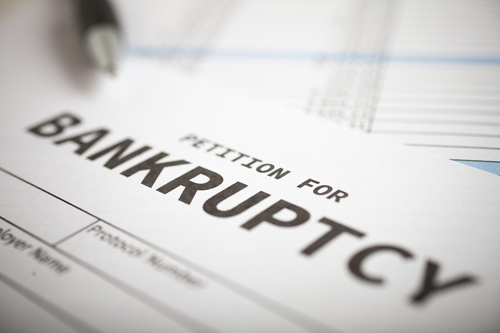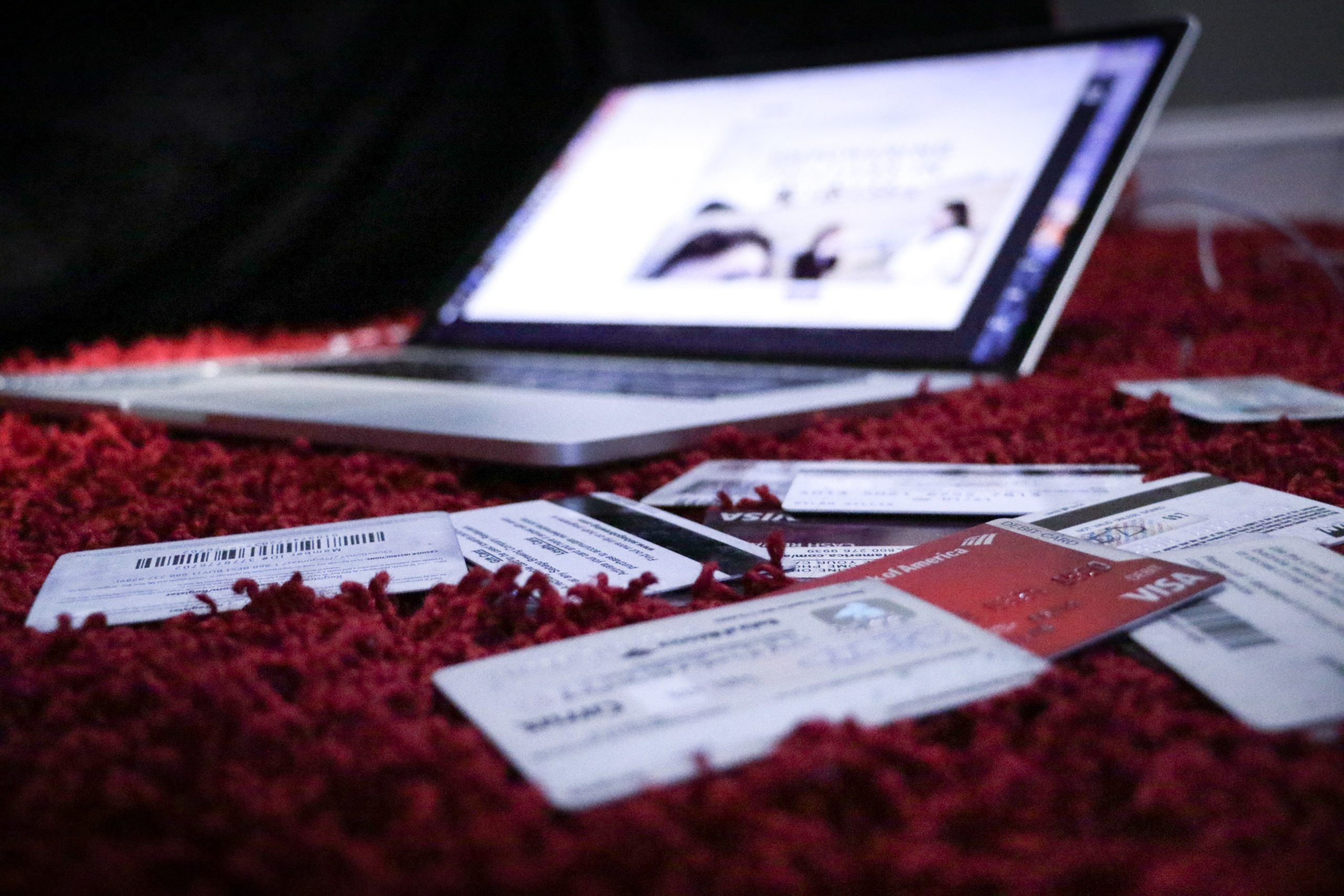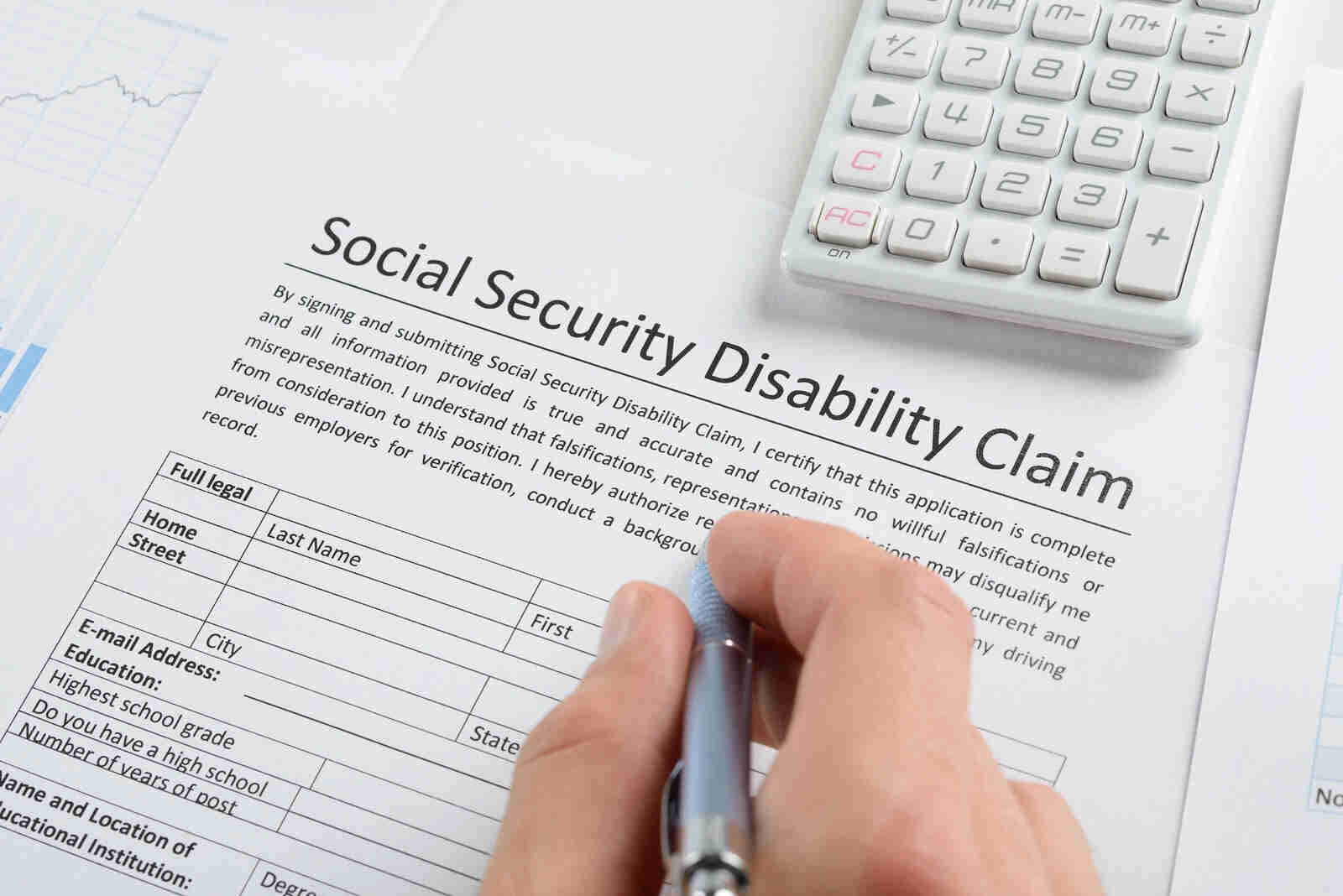Are You Eligible for a Chapter 13 Hardship Discharge?
By nature, bankruptcy implies some degree of financial hardship — otherwise it wouldn’t be necessary to file in the first place. However, people only file for bankruptcy when they’re already facing a hardship, so what happens if an unforeseen problem crops up in the middle of a case? Depending on your new set of circumstances, you may qualify for a hardship discharge. What are the eligibility requirements? What are the benefits and drawbacks you need to consider? Our Bucks County bankruptcy attorneys explore the answers.
What is a Hardship Discharge?
Life is unpredictable, and it doesn’t slow down just because you’re dealing with a bankruptcy. Fortunately, the laws don’t expect you to predict the future, and if your situation changes drastically while a case is in progress, you may be eligible to receive a hardship discharge.
A hardship discharge is essentially what it sounds like: premature discharge available to debtors who encounter serious obstacles to their original bankruptcy repayment plans. Essentially, your dischargeable, unsecured, non-priority debts will be discharged ahead of schedule, and you will be released from the corresponding obligations in your original repayment plan.
But before we go over the debtor eligibility criteria, let’s take a closer look at the type of debts which may be included:
- Dischargeable Debts — As opposed to nondischargeable debts, these debts are up for discharge (elimination) when your case concludes. Some examples of dischargeable debts in Chapter 13 include credit card debt, medical bills, utility bills, and personal loans.
- Unsecured Debts — Unsecured debts are not linked to any collateral, such as utility bills and medical bills. By contrast, secured debts are “secured” by collateral with your creditors, such as a mortgage or an auto loan. If you fall behind, your secured creditors can foreclose on your home or repossess your vehicle, respectively.
- Non-Priority Debts — Some debts are more important to pay off than others. For example, because child support directly impacts the quality of life of the recipients, it is considered a priority debt. Other debts are less pressing, and can be relegated to non-priority status. Non-priority debts include credit cards and personal loans.
To reiterate: secured debts, priority debts, and nondischargeable debts are not eligible for hardship discharge.

How to Qualify for a Chapter 13 Hardship Discharge
Now that you understand what a hardship discharge is and what it’s used for, it’s time to determine if your case qualifies. So what are the eligibility criteria? Under 11 U.S. Code § 1328(b), there are three basic requirements:
- Modifying your repayment plan should be out of the question. Chapter 13 includes a repayment plan, which is paid off using disposable income. But if you lose a job during bankruptcy, you will lose your disposable income. If this happens, you need to consult with your Philadelphia bankruptcy lawyer to see if modifying your plan is possible. In accordance with 11 U.S. Code § 1329, modification might mean changing the time allotted for payments, changing the size of the payments you owe, or shifting the distribution of repayments to creditors. A hardship discharge will only be granted in cases where repayment plan modification along these lines simply isn’t feasible. See 11 U.S. Code § 1328(b)(3).
- The change in circumstances should be beyond your control. Pursuant to 11 U.S. Code § 1328(b)(1), failure to meet a repayment plan must be “due to circumstances for which the debtor should not justly be held accountable.” If you lost your job because you were fired for unacceptable behavior, for example, the courts will hold you accountable and a hardship discharge request will be denied. By contrast, if a loved one passes away and you incur his or her funeral expenses, it would not be reasonable to hold you accountable.
- Your unsecured creditors must have received a minimum payment. More specifically, your unsecured creditors must have received at least what they would have received had you filed under Chapter 7. See 11 U.S. Code § 1328(b)(2).
Note that the above is not an “either-or” list: you must meet all three of the listed requirements in order to qualify for a hardship discharge.
Furthermore, you should also be able to demonstrate that converting your case to Chapter 7 is not a possible solution. Chapter 13 to Chapter 7 conversion is usually possible, but may be ruled out if this is your second bankruptcy, as you cannot convert to Chapter 7 if you’ve already had a Chapter 7 discharge within the past eight years.
Call Our Pennsylvania Bankruptcy Lawyers Today
If you’re going through Chapter 13 bankruptcy and have run into an obstacle, a hardship discharge or Chapter 7 bankruptcy conversion may be an ideal remedy. To schedule a private case evaluation with a bankruptcy attorney completely free of charge, call the law offices of Young, Marr, Mallis & Associates at (609) 755-3115 in New Jersey or (215) 701-6519 in Pennsylvania today.






























